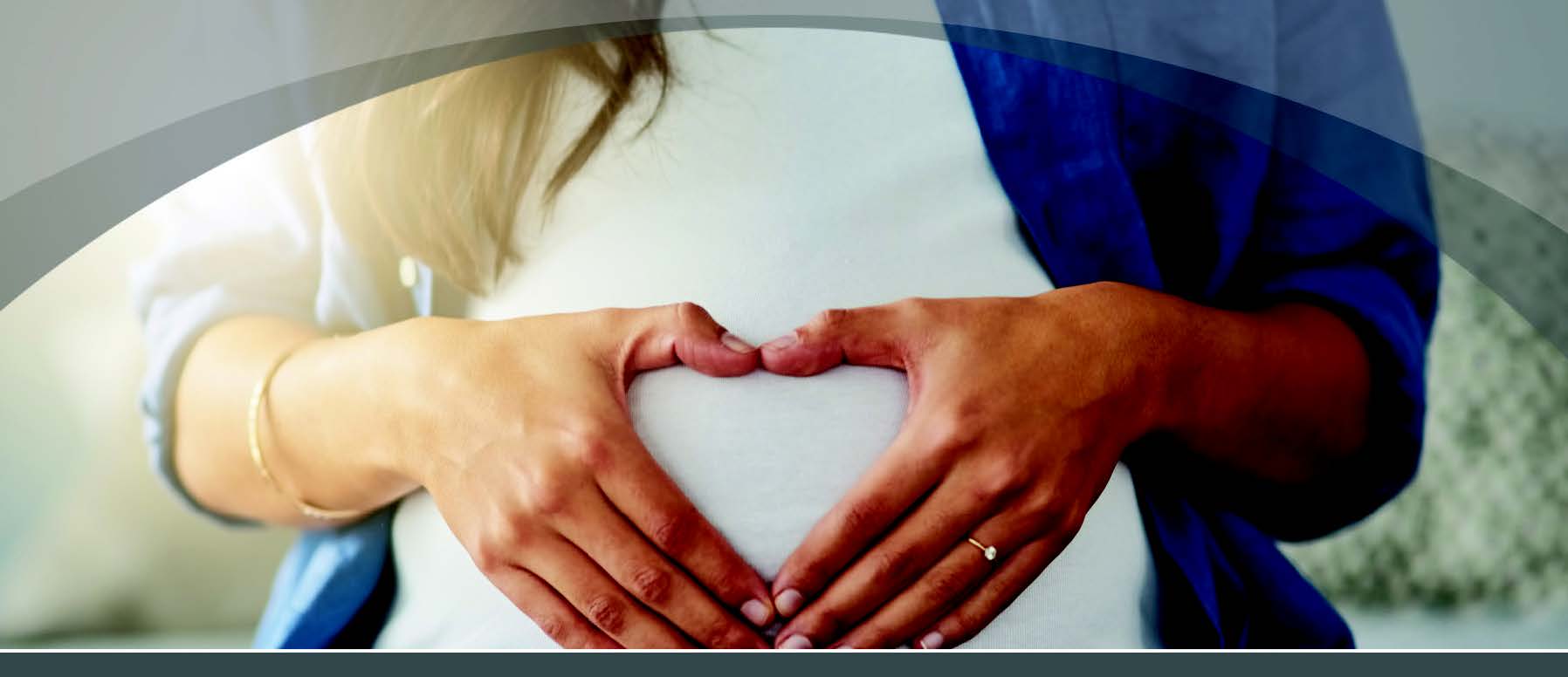Eating Habits: Why You Should Listen to Your Body Instead of Shame
 By: Annie Ward, MSN, PMHNP-BC
By: Annie Ward, MSN, PMHNP-BC
Psychiatric Nurse Practitioner, Lindner Center of HOPE
When we think of eating disorders, our society tends to think of individuals in emaciated bodies. Disordered eating is more common than not, and does not discriminate against body size, gender or race. The line between dieting and disordered eating is blurred in our society. There are narratives tightly woven into our culture which lead to disordered eating habits being encouraged, and unfortunately often praised. Sadly, they are only acknowledged as problematic when the physical manifestations become unignorable and when they can no longer be labeled under the guise of “healthy diets”.
One of the most common disordered eating patterns that I encounter in clients (whether they are seeking help for an eating disorder or not) is the binge-restrict cycle. This pattern can start with either binge eating or restricting. Essentially, when we restrict nutrition, our bodies increase our hunger cues as they search for sustenance, to alert you that your body needs food. This can often end up in a binge-eating episode which involves eating a large quantity of food while feeling out of control. Unfortunately, the feeling of lack of control often results in shame, which may then lead to subsequent restriction of nutrition. This may be due to feeling full after a binge or primarily due to shame, but unfortunately fuels the cycle of binge-eating and restricting.
It can be helpful to think about how this cycle was useful for our hunter and gatherer ancestors. They may have gone several days without food, and when they found it, the body wanted to obtain as much nutrition possible, because it didn’t know how long it would have to survive without food again. Their bodies pumped out hunger hormones to protect them and sustain them. Your body works the same way– it cannot identify why it is not getting food. I hope that you wouldn’t expect our ancestors to feel shameful for eating more when they found food- and hope this helps you understand why you should not feel shameful for eating more after a period of restrictive eating. Additionally, our bodies have natural weight settling points and when we restrict, to conserve the energy we have, we slow down our metabolism to conserve resources. This is one reason why diets are overwhelmingly unsuccessful.
In order to learn what your body needs and wants, one of the best things that you can do for yourself is structure regular nutrition throughout the day- regardless of what your eating looked like the day before. Our society certainly defaults to making us believe that we should eat less if we “overdid it” the day before, but this is simply not true. Your body needs and deserves consistent nutrition every day.
If you struggle with fatigue, poor concentration, mood swings, headaches or lightheadedness—these are a few of the ways that inadequate nutrition can present. They can present quickly after your body realizes it needs more fuel, and may not get better until your body can trust that you will consistently give it the nutrition it needs. I would encourage you to explore your relationship with nutrition and how it may be affecting you physically— and mentally.
What should we learn from this?
- If you feel you ate too much of a meal or snack, you should forgive and forget. You deserve to eat all meals and snacks the next day. Returning to a consistent pattern of nutrition will help break the binge-restrict cycle.
- Our society promotes “health” but this often gets twisted into unhealthy recommendations which can lead to the binge-restrict cycle. This can then lead to guilt, shame, and eating disorders. Be wary of “healthy” diets.
- Consistent nutrition is self-care, and it is not helpful to use nutrition as a form or judgment of self-control
If you are struggling with this, reach out for help with an eating disorder specialist who is knowledgeable about Health at Every Size- you do not have to look a certain way to have an eating disorder or be “sick enough” to get help
